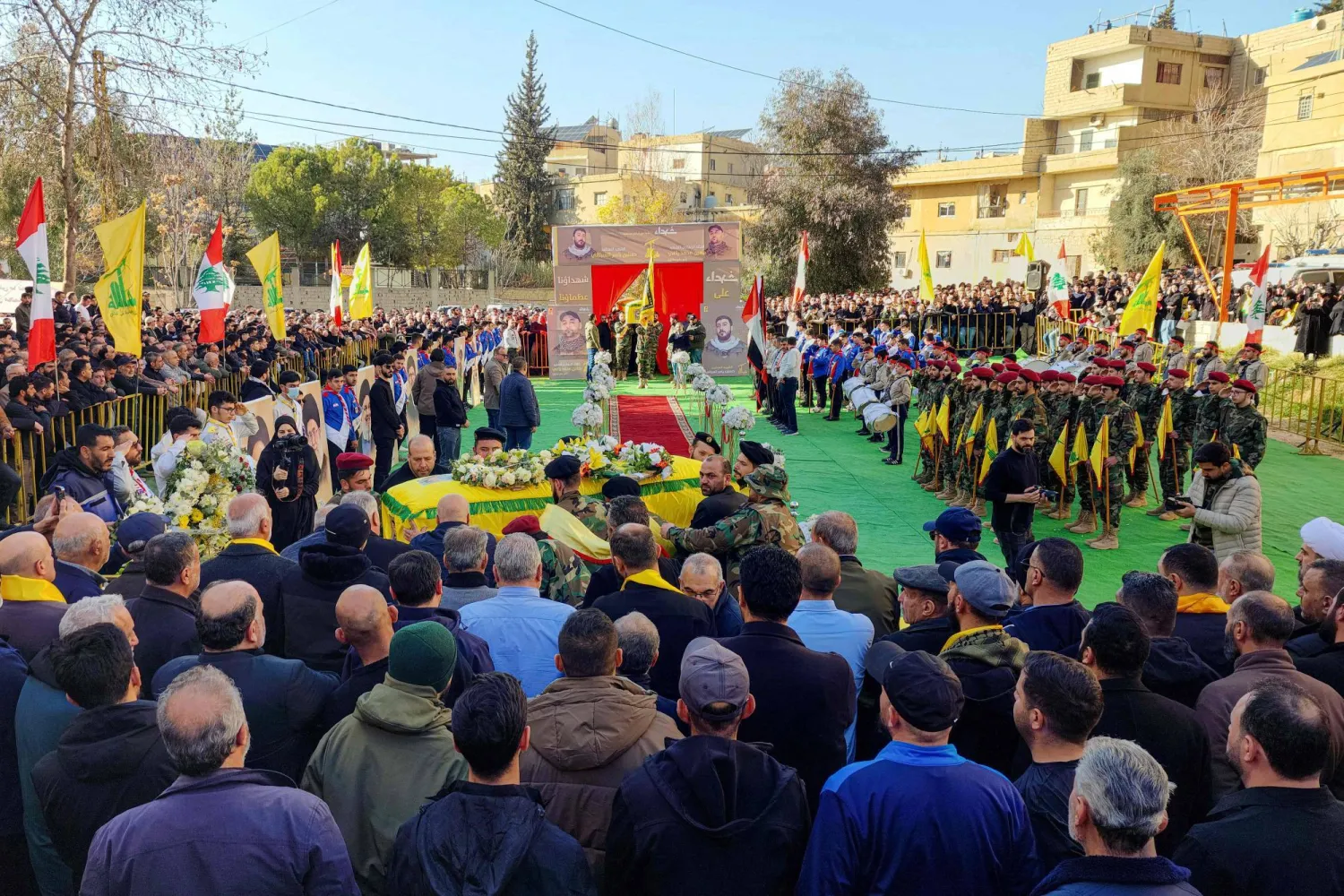Yemen has called for international pressure to compel Houthi militias to fulfill their commitments related to the April 2 truce agreement.
Yemen’s Permanent Representative to the United Nations Abdullah al-Saadi told the UN Security Council that the Yemeni people continue to suffer as a result of the militias’ ongoing war and escalation of violence, causing the worst humanitarian crisis in the world.
To end the conflict and alleviate suffering, Saadi said the Presidential Leadership Council and the Yemeni government have sought to support regional and international efforts to achieve a lasting, comprehensive peace based on the agreed upon terms of reference.
These include the Gulf initiative and its executive mechanism, outcomes of the comprehensive national dialogue, and the relevant Security Council resolutions, mainly resolution 2216 (2015).
Saadi affirmed that the government has shown flexibility and reacted favorably to all humanitarian actions despite the militias’ daily violations of the truce on all fronts.
Among these violations are establishing new military sites, smuggling weapons, bombing residential neighborhoods in Taiz, Marib, Hodeidah and other Yemeni areas, recruiting children and repositioning.
He pointed to the reopening of Sanaa airport, resuming commercial flights, and allowing the entry of oil derivatives ships through the port of Hodeidah.
He further accused the militias of using the oil revenues in their war against the Yemenis and the personal enrichment of their leaders instead of paying the salaries of public sector employees in the areas they control.
All provisions of the truce must be implemented, including the lifting of the siege of Taiz before discussing any other issues, he stressed, noting that Houthis have not renewed the negotiations on Taiz for some six weeks and are not cooperating on opening the main roads.
He urged the international community to pressure Houthis to respond favorably to peace efforts, respect the truce, release detainees and end the recruitment of child soldiers.
Saadi underscored the importance of prioritizing the issue of prisoners and detainees and carrying on efforts to release them and put an end to the obstacles created by the militias.
He went on to say that humanitarian organizations in Houthi-run areas are encountering obstacles, noting that the militias are preventing Yemeni people from receiving aid, provided that their children join their ranks.
They continue to recruit thousands of children, some not even 15 years old, while the truce is in place, brainwashing them with extremist ideas that glorify death and martyrdom, he said, warning that that could lead to a new escalation of violence.









